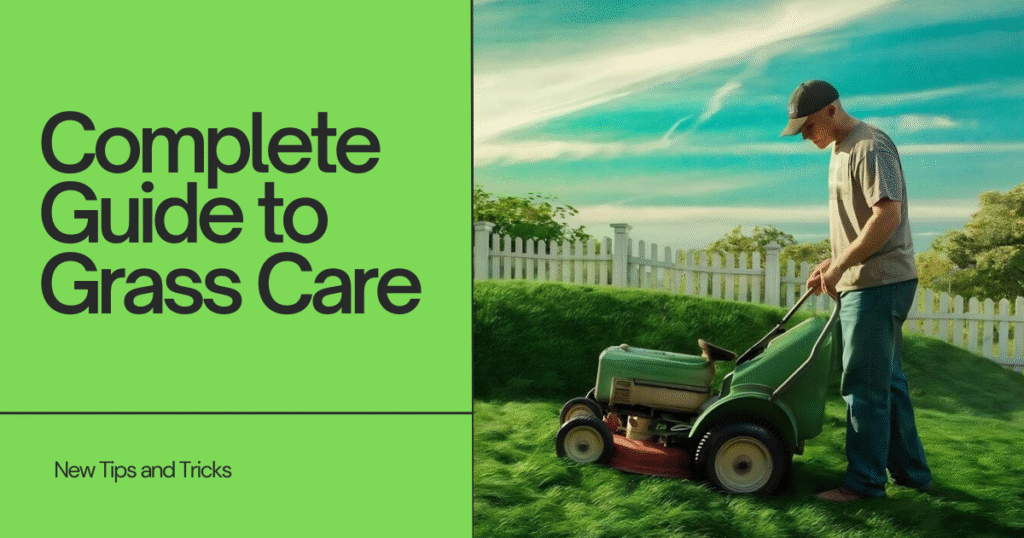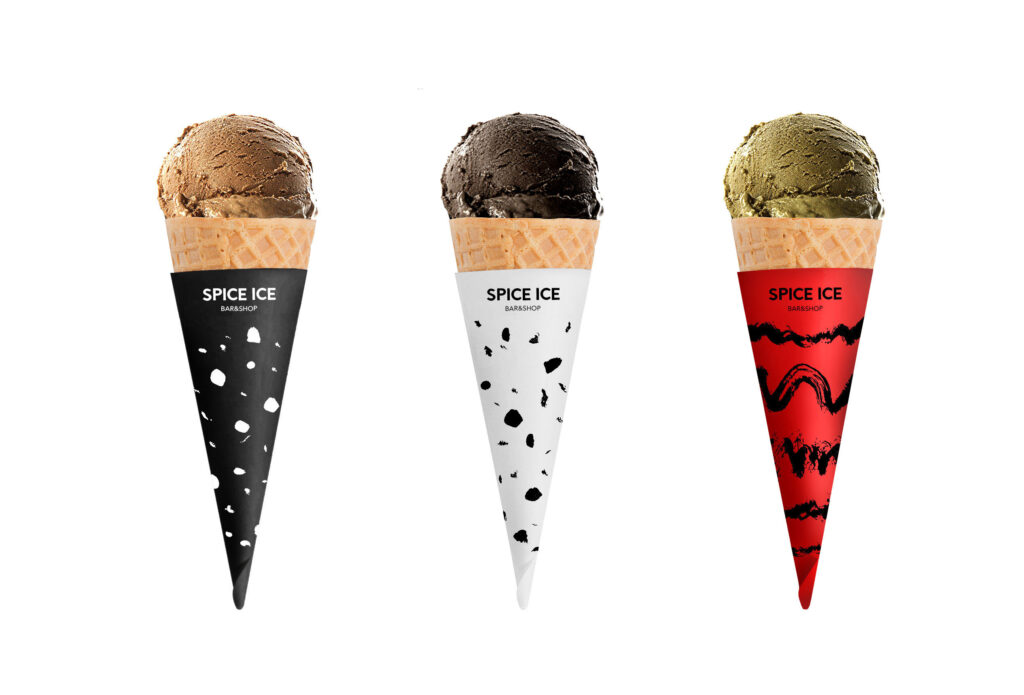Think about this for a second. Your gums? They’re not exactly tough. They’re sensitive. Delicate, even. And when you’ve just had a root canal or other dental work, your gums are under a lot of stress. Most people don’t realize how much their gums matter. Seriously. Until something hurts or bleeds, we tend to ignore them. But here’s the thing: what you do in those first few days after treatment can make all the difference.
The healing process isn’t rocket science. It’s actually pretty simple. It just requires you to pay attention. You can’t just bounce back like nothing happened. Recovery from sore gums after root canal demands some real effort on your part. Not a lot, just consistent and thoughtful effort. The payoff? You feel better a lot faster than you’d expect.
Why Does Your Mouth Need Special Attention Right Now?
Your gums have been through something. Whether it’s a root canal, extraction, or other dental work, your mouth is inflamed. It’s vulnerable. And if you mess up the aftercare, that’s when problems arise.
Getting best care dental isn’t complicated when you understand the basics. It’s all about knowing what your gums actually need. They need gentleness. Protection. Time. That’s it. Your recovery timeline depends on several factors like your age, overall health, and how severe the procedure was. Everyone heals at their own pace.
The thing is? Your dental specialists didn’t give you instructions just to be annoying. They are literally your roadmap to faster healing. Follow them. Seriously, just follow them.
Finding The Right Professional Support Matters
You need a dentist you can trust. Someone who truly understands what you’re going through. Someone who takes follow-up care seriously.If you’re in the area, many dental offices specialize in post-treatment recovery support. They understand what patients go through, and they know the common problems that pop up after procedures. They also know exactly how to fix them quickly.Here’s what matters: your dental office should give you written aftercare instructions. If they don’t, ask for them. Having everything in writing helps when your mouth hurts, and you can’t remember the details.
Those follow-up appointments your dentist schedules? Don’t skip them. They’re not optional. Your dental specialists will spot problems you might miss. They catch infections early and adjust your care if you’re not healing properly. If something feels off, call your dentist immediately. That’s what they’re there for.
Gentle Cleaning: Why Harsh Brushing Actually Hurts You
Here’s where most people make a mistake. They think scrubbing will help. Wrong. Dead wrong.Your mouth needs cleaning, yes. But aggressive brushing? That’s genuinely harmful right now. Your gums are tender and inflamed. They need gentle care, not a workout.
The Softness Matters More Than You Think
Skip your regular toothbrush for the first few days. Seriously, put it down. Use a soft-bristled brush instead. Better yet? Ask your dentist about special rinses designed for sensitive mouths.When you finally do brush again, use short, gentle strokes. Think about brushing something you care about that’s already damaged.
The treatment area? Leave it alone for now. Don’t brush there. Don’t get near it. Your other teeth need cleaning, but that spot? Let it heal first.Your dental specialists will tell you when it’s okay to touch that area with your brush. Don’t guess. Wait for their okay.Flossing can wait too. Most dentists recommend waiting at least a week. Some say longer. Ask your dentist what’s right for your situation.
Salt Water Rinses: The Secret That’s Not Actually A Secret
Okay, salt water rinses might sound boring. They sound too simple, right? But here’s the thing: they actually work wonders.Salt has natural properties that fight bacteria. It reduces swelling naturally. It’s gentle. It’s cheap. And it makes a real difference.
How To Make Them Work For You
Mix half a teaspoon of salt into eight ounces of warm water. That’s it. Do this three or four times daily, especially after meals. Do it even if you’re tired.Swish for about thirty seconds. Don’t be aggressive. Be gentle. Spit it out when you’re done.Start these rinses as soon as your dentist says it’s okay. Don’t wait. This actually prevents infection and reduces pain significantly. The whole process feels calming, honestly. Your gums will appreciate the care. Plus, there’s nothing weird in it just salt and water.
What You Eat Determines How Fast You Heal
Your diet isn’t just about nutrition. It directly affects how quickly you heal. The wrong foods irritate everything. The right foods? They support recovery.
Stick With Soft Foods Initially
Go with soft stuff for the first few days. Yogurt, smoothies, mashed potatoes, and soups work great. Anything that doesn’t require heavy chewing.Avoid hard foods. Skip crunchy and sticky items. Spicy? Nope. Hot foods and drinks temporarily increase swelling. Cold items like smoothies or ice cream? They actually feel soothing. Cold reduces inflammation naturally.
Hydration Isn’t Just About Water
Drink tons of water throughout the day. Hydration supports your immune system and helps your body heal faster. Plus, water helps rinse away bacteria.Once you start eating normally again, focus on nutrition. Vitamin C promotes healing—citrus fruits, berries, and leafy greens help. Protein helps repair damaged tissue. Lean meats, beans, and fish are excellent options.Avoid alcohol while healing. It thins your blood, making your gums more prone to bleeding.
Managing Pain Without Overdoing It
Some discomfort is completely normal after a root canal or dental procedure. That’s just part of the healing process. But pain management helps you function while healing takes place.
Ice And Heat: Timing Is Everything
Ice packs work best within the first twenty-four hours. Apply ice for fifteen minutes, take a break, and repeat. This significantly reduces swelling if you start early.After the first day, heat actually feels better. Warm compresses are soothing, and warm salt water rinses ease discomfort. Your gums will let you know what feels right.
Don’t Mess With The Healing Area
Your gums need quiet time to repair themselves. Poking around only makes things worse. Resist the temptation to touch or disturb the area.Smoking slows recovery because it restricts blood flow. Your gums need good circulation to heal properly. Stop smoking during recovery. It’s crucial.Avoid straws for at least a week. The suction can dislodge blood clots, interrupting the healing process. Drink from a cup instead.
Watch For These Warning Signs Carefully
Most recoveries go smoothly if you follow your dentist’s instructions. But sometimes things can go wrong. Knowing what to watch for helps you get professional help fast.
Swelling That Gets Worse Isn’t Normal
A little swelling the first day? That’s expected. But if swelling gets progressively worse after three days, that’s a problem. Call your dentist immediately.
Fever Means Infection
A fever above 101 degrees indicates infection. This requires immediate attention. You may need antibiotics. Call your dentist right away.
Excessive Bleeding
A little bleeding is fine. But if bleeding continues heavily for more than thirty minutes, something’s wrong. Contact your dentist immediately.
FAQs
1. How long will my gums hurt after a root canal?
Some discomfort is normal after a root canal. Typically, soreness lasts for a few days to a week. If the pain persists beyond that, it’s important to consult your dental specialist.
2. Is swelling common after a root canal?
Mild swelling is normal after a root canal. However, if the swelling worsens after the first few days, it could indicate an infection, and you should contact your dental specialist.
3. Can I brush my teeth right after a root canal?
You should avoid brushing the treatment area for a few days after the procedure. Use a soft-bristled brush on the other teeth and gently clean around the healing area.
4. What should I do if I experience severe pain after my root canal?
If you experience severe pain that doesn’t subside with over-the-counter pain relief, contact your dental specialist right away. It could indicate an infection or another issue that needs attention.
5. How can I prevent discomfort after a root canal?
Following your dental specialist’s aftercare instructions, such as avoiding hard foods, practicing gentle oral hygiene, and using saltwater rinses, can help prevent discomfort and speed up the healing process.










